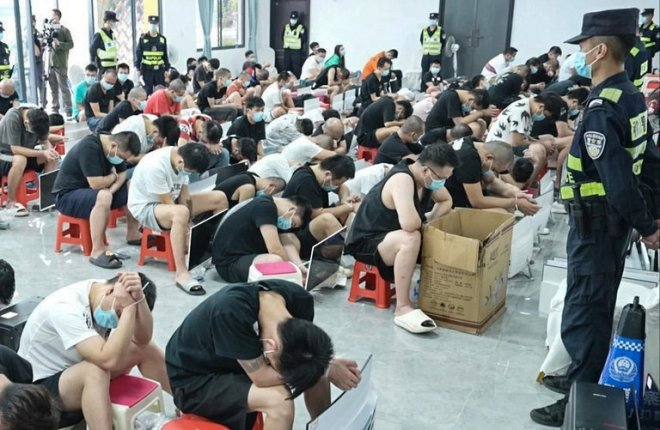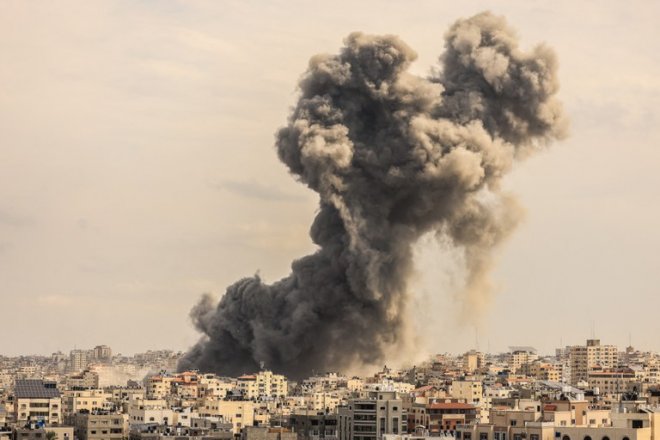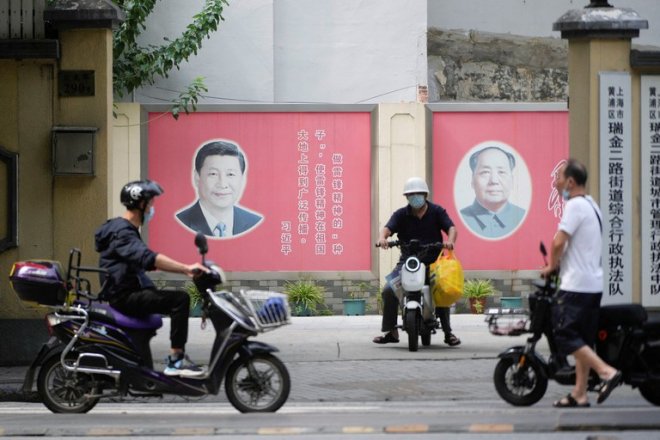Myanmar military, Arakan Army halt hostilities on humanitarian grounds
The military and the ethnic Rakhine Arakan Army announced a ceasefire on Monday, following four months of intense fighting in western Myanmar, although there were no immediate plans for troop withdrawals or changes in political policy, official sources told RFA Burmese.The ceasefire, brokered by Yohei Sasakawa, the chairman of Japan’s Nippon Foundation and the Japanese government"s special representative for national reconciliation in Myanmar, is the latest detente between the two sides in their decade-long, on-again, off-again conflict that has devastated the civilian population of Rakhine state and Paletwa township in neighboring Chin state.
Arakan Army spokesman Khine Thu Kha told RFA that the agreement to temporarily end hostilities was reached on humanitarian grounds, citing the urgent need for supplies he said was the result of regular military shelling and junta roadblocks on key transportation routes, as well as the approaching seasonal harvest.
“The most important task for us at this moment is to get food and medicine and we urgently need to harvest the rice in time,” he said.
“In order to resolve this crisis that the Rakhine people are facing, for the people’s interests and prosperity, the Arakan Army has decided to agree to a temporary ceasefire with the military on humanitarian grounds.”
Khine Thu Kha said that the Arakan Army will neither withdraw from its current fortifications or make any changes to its political position, seeking independence for the Rakhine people.
A resident of Rakhine’s Rathedaung township, who declined to be named for security reasons, welcomed the ceasefire.
“People living in the conflict areas are in a very terrible situation. They find themselves in a very risky position, where they cannot go about freely due to the military’s shelling as well as the blockage of roads,” they said.
“Our farmers have faced the most adverse effects. They hadn’t been able to harvest their rice due to the fighting, although that has changed in the last 4 or 5 days. Since the roads have reopened in several areas [amid negotiations], the flow of trade has become better.”
Sources told RFA that since fighting between the Arakan Army and the military resumed on July 18 after a two-year lull, junta troops had blocked land and water transportation routes, as well as communication, to at least 11 townships in northern Rakhine state. The blockage had led to shortages in food, medicine, and access to healthcare for more than 2 million local residents, they said.
 In this March 27, 2022 photo, soldiers of the Myanmar military march during a parade to commemorate 77th Armed Forces Day in Naypyitaw, Myanmar. Credit: AP Photo/Aung Shine Oo
In this March 27, 2022 photo, soldiers of the Myanmar military march during a parade to commemorate 77th Armed Forces Day in Naypyitaw, Myanmar. Credit: AP Photo/Aung Shine Oo Tenuous agreement
Tenuous agreementPhe Than, a veteran politician and former member of parliament in Rakhine state, called the new ceasefire tenuous, citing what he said is the military’s precedent of reneging on its agreements.
“If the military keeps the promise that they just gave, it could lead to a ceasefire for a long time. But if they are not as good as their word, the trust will be lost and we will hear gunfire again,” he said.
He also demanded that the military release civilians it has detained on allegations of ties to the Arakan Army.
Neither the AA nor the military have announced a timeframe for ceasefire.
Junta Deputy Information Minister Major Gen. Zaw Min Tun confirmed the ceasefire in an interview with RFA, which he said would bring stability to the Rakhine region not seen since last year’s truce.
“When schools couldn’t fully open in other regions, nearly all schools could operate in Rakhine state last year, much like clinics and hospitals,” he said.
“Everyone has had a taste of peace in the Rakhine region. The military has agreed to the ceasefire to bring about the kind of stability there was before.”
The last ceasefire between the military and the Arakan Army was also brokered by Japan’s Sasakawa in 2019, ending more than a year of fighting in the region. Hostilities resumed in July in Rakhine’s Maungdaw township and had since spread to the townships of Buthidaung, Rathedaung, Minbyar, Mrauk-U and Taungoke and Chin’s Paletwa township.
According to statistics compiled independently by RFA, at least 45 civilians have died and more than 100 have been injured by artillery shells, bombs and other military explosives in Rakine state and Paletwa township since the fighting recommenced.
Translated by Myo Min Aung. Written in English by Joshua Lipes.
[圖擷取自網路,如有疑問請私訊]
|
本篇 |
不想錯過? 請追蹤FB專頁! |
| 喜歡這篇嗎?快分享吧! |
相關文章
AsianNewsCast






















